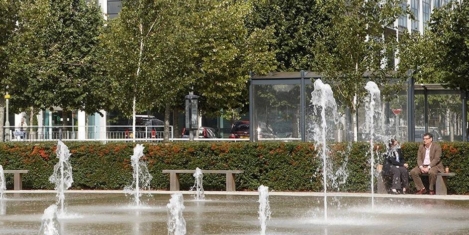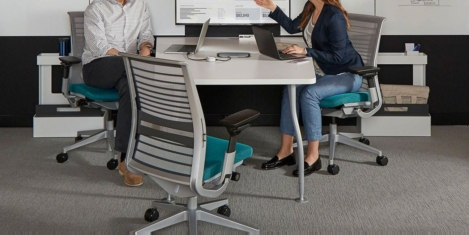April 13, 2017
UK productivity crisis deepens…but technology probably isn’t the solution 0
 Following last week’s report from the ONS on the UK’s intransigent productivity challenge, and the Bank of England’s Chief Economist Andy Haldane’s intervention on the issue, a new report from accountants and business advisers BDO claims that the UK’s productivity crisis is deepening, rather than improving. The latest report claims that while firms are continuing to hire more staff, business output is struggling to pick up. The amount of output produced for each hour worked is therefore likely to slow further, undermining the UK’s already low productivity levels. This is despite the steady increase in employment levels which have been relatively unaffected by the uncertainty surrounding Brexit.
Following last week’s report from the ONS on the UK’s intransigent productivity challenge, and the Bank of England’s Chief Economist Andy Haldane’s intervention on the issue, a new report from accountants and business advisers BDO claims that the UK’s productivity crisis is deepening, rather than improving. The latest report claims that while firms are continuing to hire more staff, business output is struggling to pick up. The amount of output produced for each hour worked is therefore likely to slow further, undermining the UK’s already low productivity levels. This is despite the steady increase in employment levels which have been relatively unaffected by the uncertainty surrounding Brexit.


















 In this week’s
In this week’s 















April 7, 2017
Flexible working is not a magic bullet for workplace ills 0
by Charles Marks • Comment, Flexible working
More →